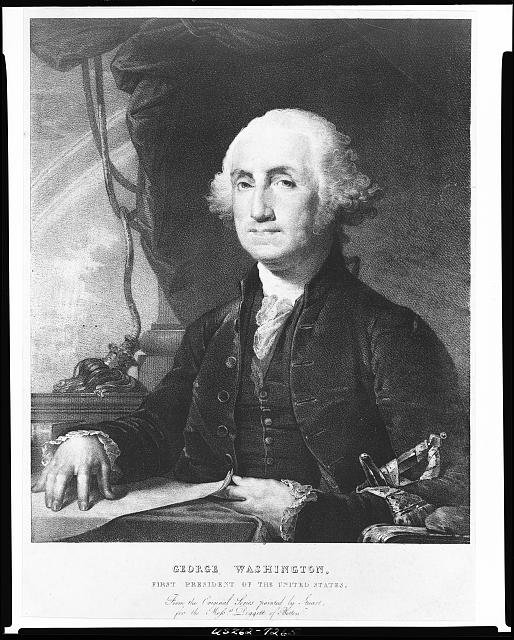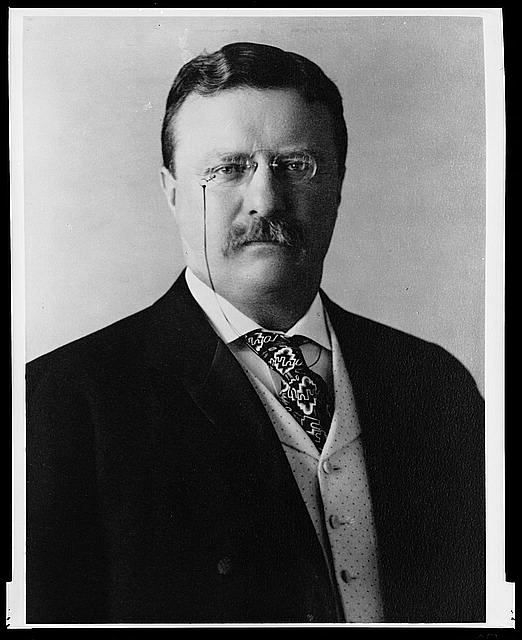CAST to Release Comprehensive Paper on FIFRA and ESA at the CropLife & RISE Regulatory Conference
From the good to the questionable, here are five presidents who left a notable impact on U.S. agriculture.

George Washington, “The Father of American Agriculture”
The first president of the United States was an advocate for enriching the American soil. He kept detailed records of his experiments focused on the soil and crop production, and he supported conservation methods such as composting and crop rotations. Through meticulous notetaking, Washington shared his triumphs and failures in hopes of turning the United States into a crop production powerhouse. His passion for the land led him to receive an honorary membership to the Philadelphia Society for the Promotion of Agriculture. Today, USDA NRCS credits him with establishing the success of American farming.
“It will not be doubted that with reference either to individual or national welfare, agriculture is of primary importance. ” — George Washington

Abraham Lincoln, Transforming Agriculture’s Future
The history of our 16th president often highlights major milestones during the Civil War, but for those who work in agriculture, we know his legacy also digs deep into the land. Lincoln grew up on family farms before switching to a career in law, ultimately leading to his time as a U.S. president. During Lincoln’s presidency, the U.S. government established the U. S. Department of Agriculture as well as the Morrill Land Grant College Act that gave public lands to agricultural colleges (some of our education program members are land-grant universities).
“…no other human occupation opens so wide a field for the profitable and agreeable combination of labor with cultivated thought, as agriculture.” — Abraham Lincoln

Theodore Roosevelt, Conservation and Food Safety
The first President Roosevelt is well known for his strong conservation policies. His values were created on his experiences with cattle ranching in the Dakota Territory, which led to less-than-fruitful outcomes. Roosevelt gave federal protection to more than 230 million acres of land that are now part of our national parks system. He also set up the National Forest Service, currently a branch of the USDA. Another often overlooked fact about Teddy Roosevelt is his involvement with the Food and Drugs Act of 1906 that provided a foundation for the food industry we know today.
“Agriculture is now, as it’s always been, the basis of civilization. The 6 million farms of the United States…form the basis of all other achievements of the American people, and are more fruitful than all their other resources.” — Theodore Roosevelt

Franklin D. Roosevelt, Saving the Soil
The Dust Bowl caused catastrophes for farmers across the nation as topsoils eroded from overworking the land a few decades before. Farms were buried under dust storms and livestock died from its effects. President Roosevelt, a conservationist, built policies meant to protect the soil and provide farmers’ support during the Great Depression. Roosevelt signed the first Farm Bill in 1933 that set supply management standards for the next two decades and has been revised periodically since.
“Prosperous farmers mean more employment, more prosperity for the workers and businessmen of every industrial area in the whole country.” — Franklin Delano Roosevelt

Richard Nixon, Controversial Policies
The 1960s were not a good time for farmers due to economic challenges. Nixon spoke to farmers about their toils and promised solutions that resonated within the profession. From the Secretary of Agriculture Earl Butz’s lead, Nixon approved policies that impact us today. The 1973 Agriculture and Consumer Protection Act gave farmers the go-ahead to plant “from fencerow to fencerow” (i.e., produce as much as they could without the fear of losing out on commodity pricing). Some have claimed this small-farm-turned-big-business move began many of the issues we are facing today such as pollution in our waterways and our “enduring crisis of obesity and diet-related disease.” Farmers in 1973 were concerned, too, that the departure from FDR’s supply management policies would disrupt their way of life. And ultimately, many believe the move led to the 1980s farm crisis.
“As consumers, Americans are the most fortunate people in the world. Our farmers and ranchers have traditionally provided us with a plentiful supply of the best food and fiber in the history of mankind. Their importance to our economy–and their right to share full in the fruits of that economy–cannot be denied.” — Richard Nixon
Quotes are from UCSUSA.org and the Richard Nixon Foundation.
Images are from the Library of Congress.
Your donation to CAST helps support the CAST mission of communicating science to meet the challenge of producing enough food, fiber and fuel for a growing population. Every gift, no matter the size, is appreciated.